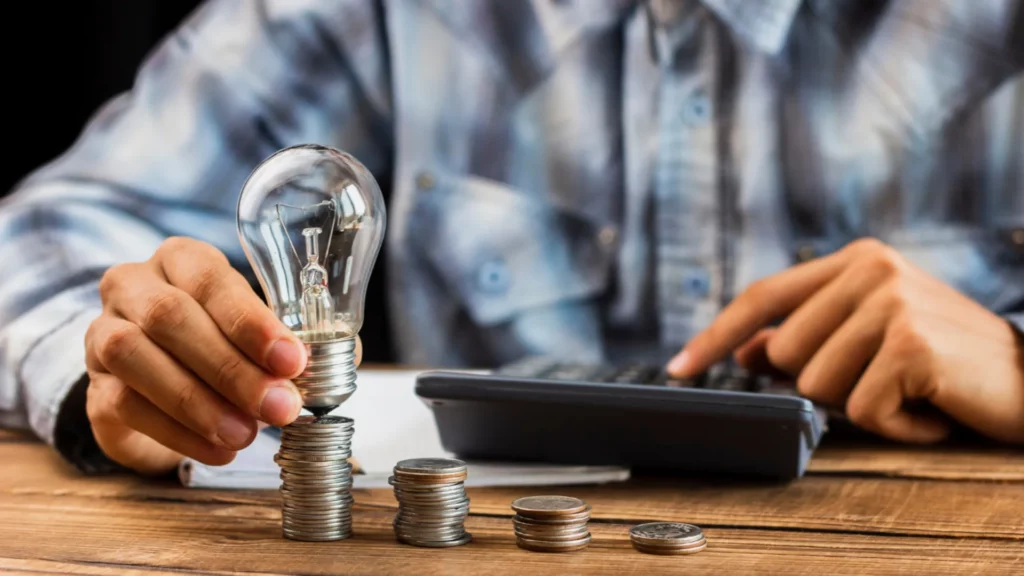How to Save Money & Lower Your Electric Bill in an Apartment
Living in an apartment is often amazing but it doesn’t come without its own issues. Among them is, of course, the electric bill which can soar really high.
You may even catch yourself wondering who used up all of that electricity. But you shouldn’t panic when a much better solution is to control your bills in creative ways.
There are some habits you can change and some things you can improve that can help you make the most of your electricity while still saving up a lot.
The best thing you can do in the beginning, once you move to your apartment is to track your habits and see what may be wasting the most of your power. You can also shop for a fixed-rate electricity plan that will match your lease in the term.
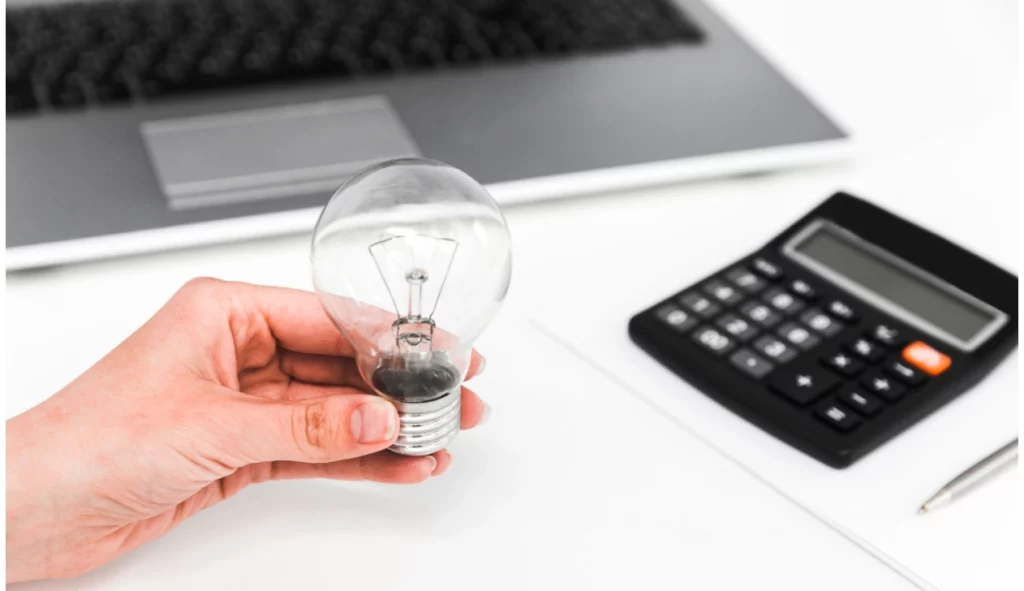
Understanding Your Electric Bill
To manage and optimize electricity usage, analyze your electric bill. It contains components reflecting consumption and costs. Understand these to cut expenses and save energy.
- Cost per Kilowatt-Hour (kWh)
The cost per kilowatt-hour (kWh) is vital in determining electricity expenses. In 2021, the average rate in the US was 13.31 cents per kWh. However, rates differ based on location, utility provider, and time-of-use pricing.
- Total Energy Consumption
Your electric bill is determined by the energy you use, measured in kWh. It shows the power consumed by your devices during the billing period and may include past usage data.
- Peak and Off-Peak Usage
Electricity providers use time-of-use pricing, with rates varying based on the time of day. Higher rates during peak hours and lower rates during off-peak hours allow for cost savings by scheduling energy-intensive activities accordingly.
- Fixed Charges and Fees
In addition to consumption-based charges, your electric bill includes fixed fees that cover grid maintenance and administrative costs, regardless of your electricity usage.
- Demand Charges (if applicable)
Some customers may have demand charges based on their highest electricity consumption during peak periods. These charges encourage customers to reduce strain on the grid.
- Taxes and Regulatory Charges
Your electric bill may include taxes and regulatory charges mandated by local or federal authorities. These charges go towards supporting various government initiatives related to energy and environmental conservation.
- Billing Period and Payment Options
The bill specifies the billing period and due date to avoid late fees. Payment options include online, bank drafts, or mailing a check.
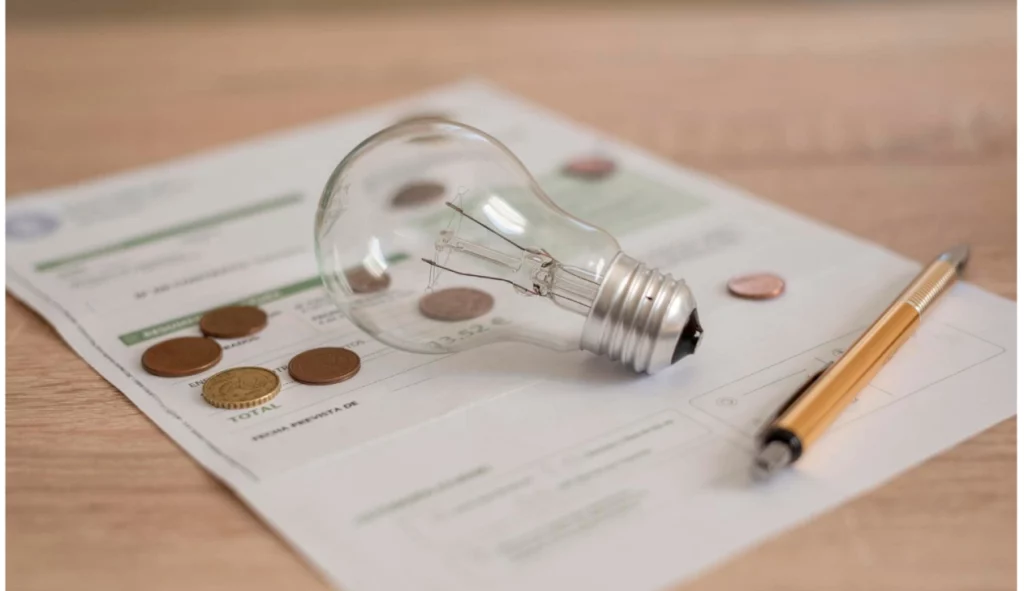
How to Lower Electric Bill Apartment
Here are some things you can do to reduce your electricity bills.
Plug load management
More than half of your monthly electricity usage is consumed by home electronics that continue to draw power even when turned off, especially those with clocks, timers, or instant-on features.
Even when they are just plugged in, they are stealing power.
You pay devices to do nothing. Like coffee makers, phone chargers, TV. Solution: Turn off, and unplug when not in use.
To simplify, use a power strip to connect and disconnect devices when not in use, making it convenient and easier to remember.
This can help you save a lot of electricity and also prevent wear on your devices and appliances as being constantly plugged in means that they are always working and this makes them break more often. This is especially true for chargers, for instance, or for your phone.
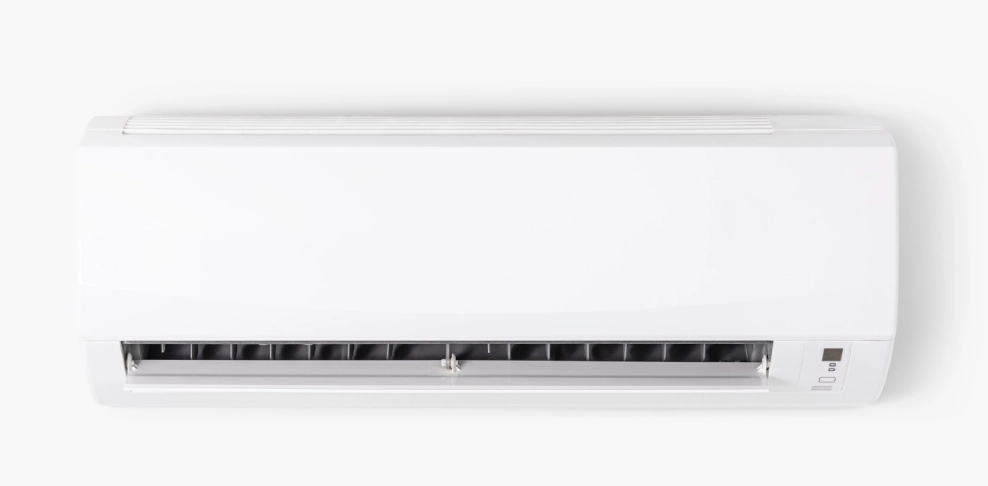
Cool off naturally
Air conditioning is a major convenience and it can be a lifesaver in the summer. Just going inside a cold room after being on a hot summer day feels like going into a spa. However, air conditioning is a huge expense for you.
It can actually take a major bite out of your budget if you use it too often, all the time, or anything similar. This is especially true if you live in warmer areas where summers get especially hot.
However, it doesn’t have to be like this. You can set yourself up for better bills if you help your air conditioning by making it cooler inside.
One of the best ways to do this is to close the shade during the day to block the heat from the outside. The sunshine is nice but it really doesn’t help your air conditioning work less. The less it has to work, the lower your bills will be.
This is not the only way, of course.
You can turn off your air conditioning completely and then cool your rooms off in the morning or during the night and then just close your shades right before it gets hot outside.
This is an effective way to do it. It will also do a great job of reducing your bill. If it’s a windy day, opening several of your windows can also do it.

Replace your bulbs to Lower Your Electric Bill
Traditional, incandescent bulbs spend a lot of energy and you often have to replace them more than once during a year. However, LED lights use 10% of the power the traditional bulbs use and they can last for 11 years when being used all the time.
The calculation is pretty obvious with this one – you can save up a lot when you use energy efficient light bulbs. Lighting uses more power than anything else in your home too, so the savings can be huge.
Because LEDs are expensive at the outset, you can get just a few of them for the spots where your lights are turned on the most.
They will pay themselves off easily and you will forget that you used to buy bulbs on the regular. You can then switch the rest as they burn out.
This is an amazing investment that can help you really make a difference in your bill and in your environment.

Use Fans to Lower Your Electric Bill
Your apartment may have fans but if it doesn’t, there might be a possibility that they can install a ceiling fan for your apartment.
They are amazing as they work through evaporation and they can make you feel a lot cooler during the summer. These are simple and convenient and they can lower your energy bill if you use them instead of your air conditioning too.
However, they can be a power drain as well if you don’t remember to turn them off when you leave the room.
Water heater management
If you have a water heater in your apartment, you can save up a lot of money when you turn down the temperature of the water.
When you think about it, it’s not such a huge change to make, especially because you add cold water to the hot water when you are showering. So, you don’t really need so much hot water after all.
Make the temperature on your water heater closer to the one you actually use and you will see major improvements and save up a lot of money.
If you want to invest a bit into this, you can get a water heater jacket for your water heater tank and wrap it around the tank to keep the temperature more consistent and to make the heat loss lower.
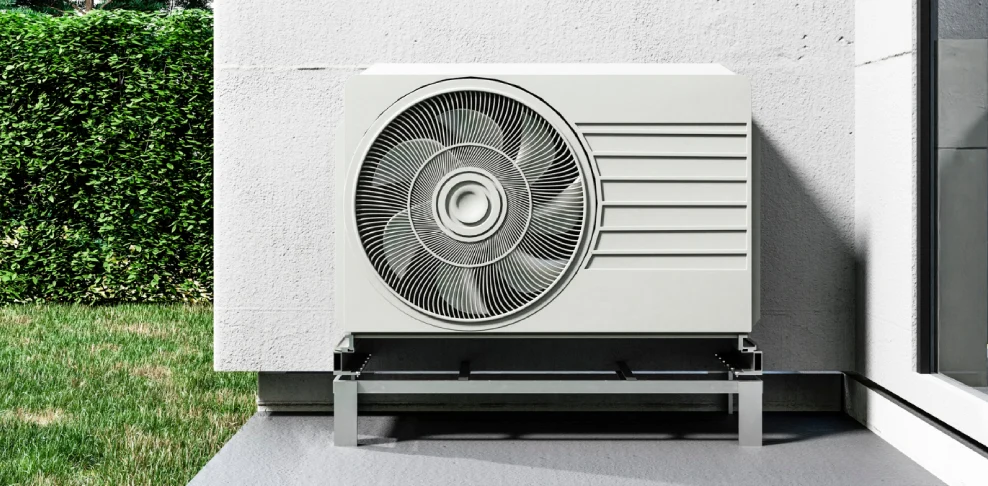
Replace the filter
Your HVAC system already needs to work very hard. Well, what happens when your filter is clogged and it can’t do its job properly? You spend more energy and thus you spend more money.
This is a bad thing for your health too as it can cause you numerous health issues, especially in the respiratory area.
Keep in mind that you need to replace your air filter every three months to make sure that there is no dust and debris on it and that it can work properly with air flowing freely through the system.
This will not take up a lot of your time but it will save you a lot of money on electricity bills and money for repairs for the HVAC system.
You can check with your apartment complex and see if they do this – they might do it for free.
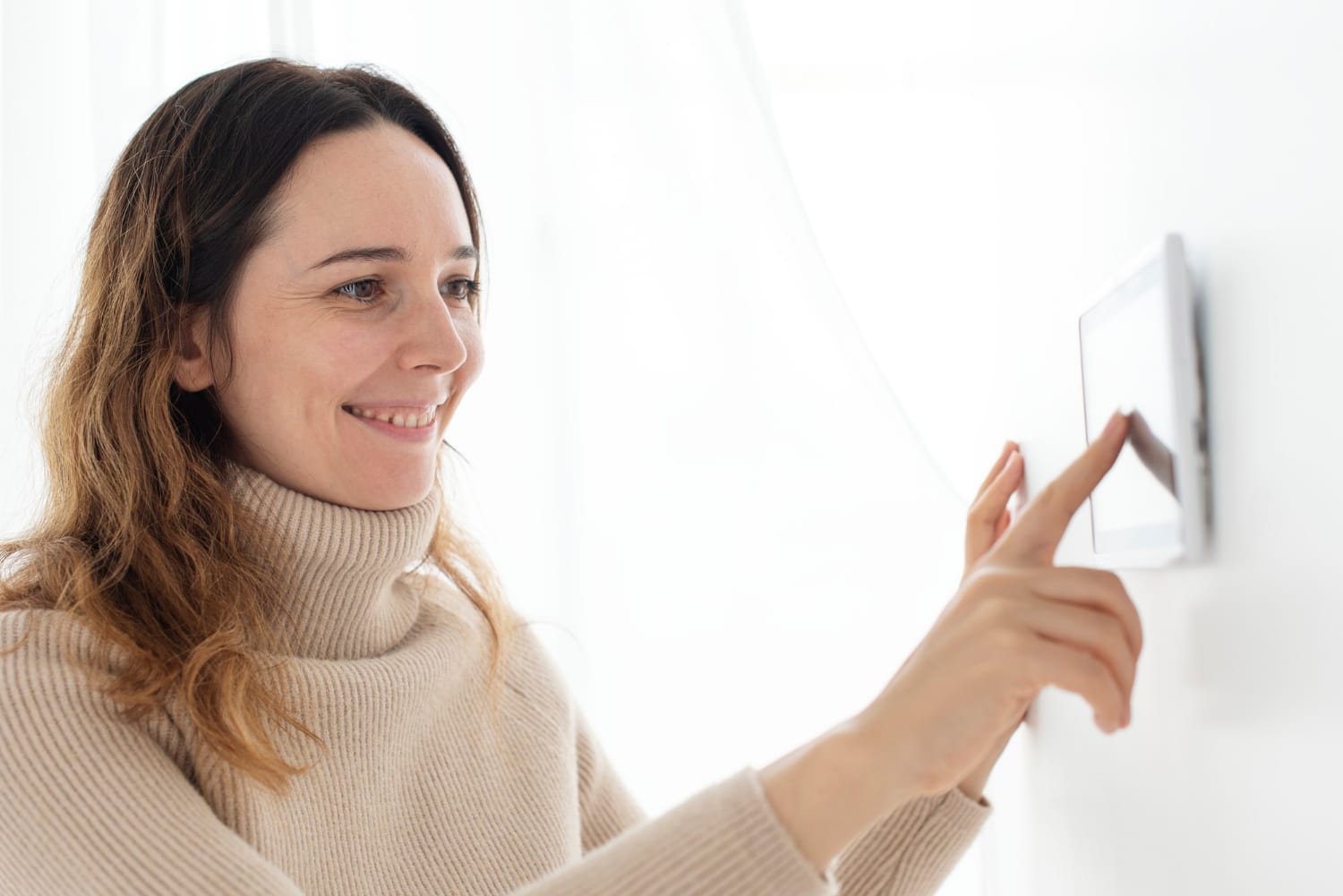
Get a new thermostat
Rarely does anyone remember to adjust their thermostat as they leave for work or for anything else. Just like that, no one would remember to readjust it later when returning home.
This is a fact of modern living and we are all too busy to notice all of those small things that we need to do.
However, adjusting your thermostat as necessary can make you get more power savings, as much as ten percent. Imagine how much money you could pay for your electric bills.
But the good news is that you don’t have to remember. You can get a smart thermostat and make it all easier for you.
When you get it installed, you can program it to raise or lower the temperature in your home as you need it, probably according to your schedule. This is very simple and it can bring you plenty of savings.
The Benefits of Lowering Your Electric Bill in an Apartment
Lowering your electric bill can bring about a wide array of advantages that go beyond mere financial savings. By being mindful of your energy usage, you can experience the following significant benefits:
- Financial Savings: Energy-efficient strategies in your apartment can save you money. By unplugging unused devices, using smart home technologies, or buying energy-efficient appliances, you can save hundreds or even thousands of dollars each year.
- Increased Property Value: Making your apartment energy-efficient can increase its value. Upgrades like solar panels, Energy Star appliances, and smart home tech boost property values.
- Reduced Environmental Impact: Reducing electricity consumption benefits your wallet and the environment. Most electricity comes from non-renewable resources, like coal and natural gas, causing greenhouse gas emissions and environmental damage.
- Energy Independence: By adopting energy-efficient habits and using solar power, you can become more energy independent. Generating your own electricity with solar panels reduces reliance on the grid and saves money.
- Better Quality of Life: Energy-efficient apartments provide a comfortable and enjoyable living environment. Insulation, efficient lighting, and heating/cooling systems enhance year-round comfort. LED lights emit less heat, keeping rooms cooler.
- Increased Energy Security: When more people in the community reduce energy use, it eases demand on the power grid, enhancing energy security and reducing blackouts or emergencies. Working together for energy efficiency creates a stable and resilient energy infrastructure.
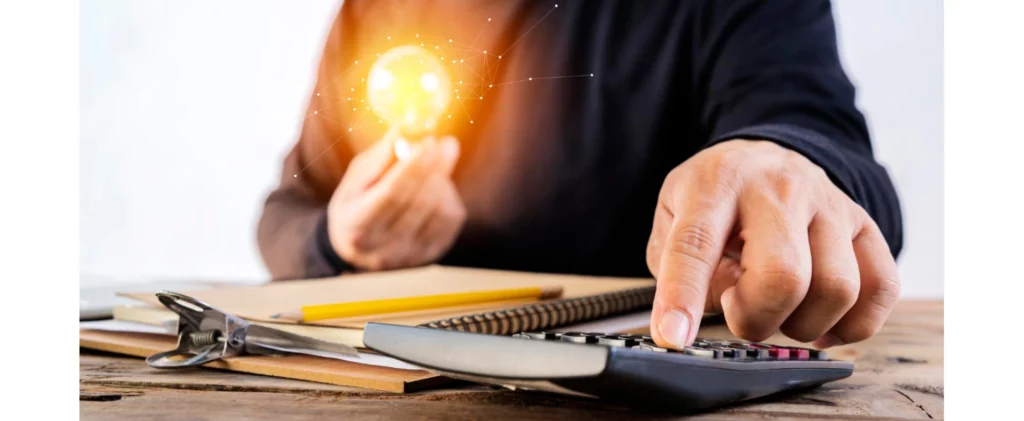
Frequently Asked Questions About Lowering Your Electric Bill in an Apartment
1. Do energy-efficient appliances really save money?
Yes, they do. Energy-efficient appliances use less electricity than their less-efficient counterparts. Over time, this reduced energy consumption translates to savings on your electric bill.
2. Is it worth investing in smart home technology?
Smart home technology can significantly help in managing your energy consumption. For example, programmable thermostats adjust your heating and cooling based on your schedule, helping you save energy when you're not home. Similarly, smart power strips can cut off power to electronics when they're not in use, reducing phantom loads.
3. Can I use solar power in an apartment?
While it's typically more challenging to install solar power systems in apartments, it's not impossible. Some companies offer solar solutions tailored for apartments and other multi-family dwellings. You can also explore shared or community solar power programs.
4. Does turning off lights save electricity?
Yes, turning off lights when not in use can save a significant amount of electricity, especially if you're using incandescent or halogen bulbs. However, the savings are less for energy-efficient lights like LEDs or CFLs, but it's still a good habit to adopt.
5. Can energy-efficient actions make a difference to the environment?
Absolutely! By reducing your electricity usage, you decrease the demand for electricity generation, much of which comes from burning fossil fuels. This leads to lower greenhouse gas emissions and less impact on climate change.
6. How much can I expect to save by lowering my electricity usage?
The amount you save depends on your current energy usage and the steps you take to reduce it. By understanding your electric bill and implementing a combination of the steps outlined in this guide, you could save anywhere from 10% to 50% on your electricity bill.
7. Do I need my landlord's permission to make energy-efficient upgrades?
Yes, for most major upgrades like installing solar panels or replacing appliances, you'll likely need your landlord's permission. However, there are many actions you can take without needing approval, such as using power strips, changing light bulbs, or using window insulating film.
8. How to lower your electric bill in California?
To cut your California electric bill, use energy-saving measures like efficient appliances, LED lights, and unplugging electronics when not in use. Adjust thermostat for energy conservation and install a programmable or smart one.
Conclusion
Saving money and reducing your electricity bill in an apartment isn't a daunting task. It's about understanding your usage, making small changes in your habits, and investing in energy-efficient technologies. Not only will these steps save you money, but they'll also contribute to a healthier planet.

